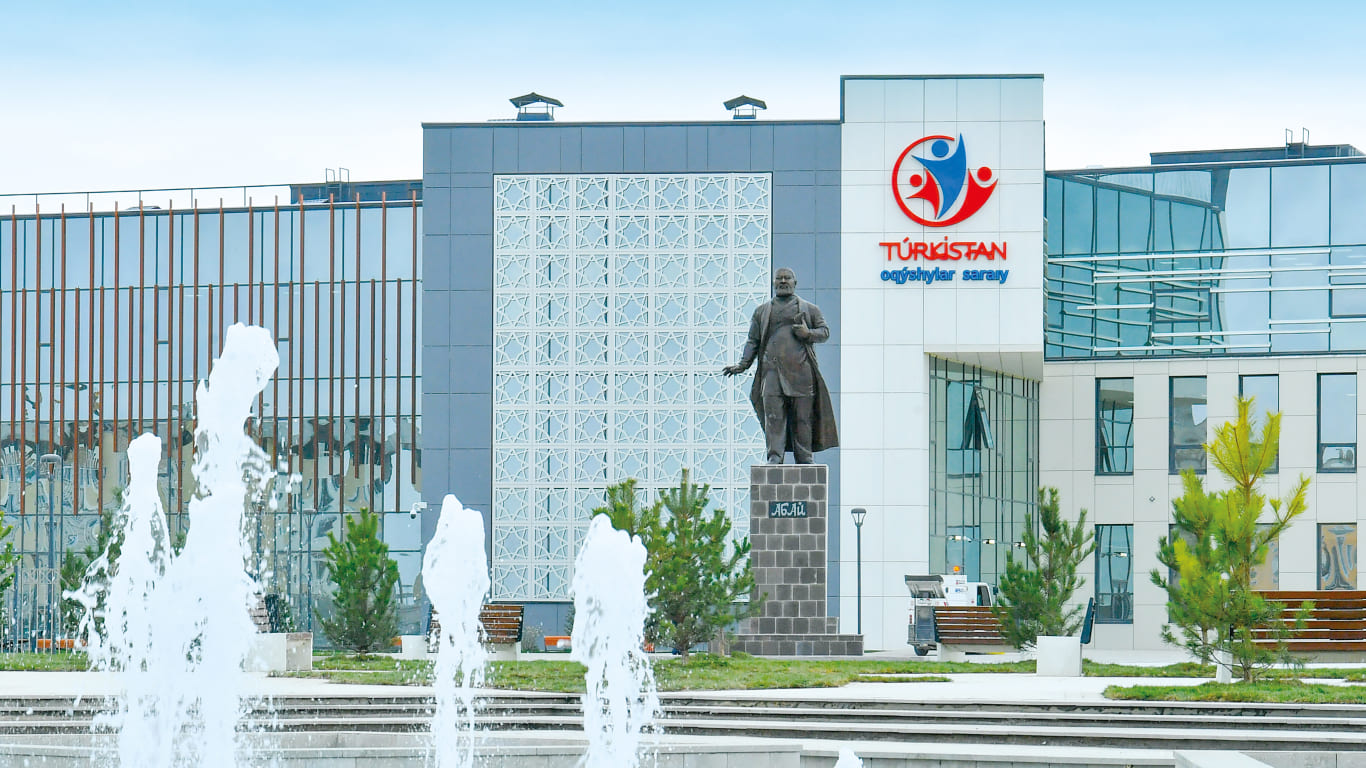
CONTROL OF SUSTAINABLE DEVELOPMENT
DETERMINATION OF SIGNIFICANT SUBJECTS
EFFECTIVE COOPERATION WITH THE STAKEHOLDERS
CORRUPTION PREVENTION AND COMBATING
PUBLIC POLICY SUPPORT
RESPONSIBLE SUPPLY CHAIN
ENVIRONMENTAL IMPACT MANAGEMENT
The Company considers environmental protection to be an important part of its ongoing operation, acknowledges the need of maintenance of ecological balance and environmental friendliness. As part of the construction quality control, the Company monitors indirect environmental emissions generated at the construction sites of developers. The construction site has a huge negative impact on the air. Often the situation is aggravated by the fact that construction sites are located in close proximity to residential buildings, forming a focus of negative effects on the atmospheric air of built-up areas and public health. Air pollution emissions are formed at all construction stages, from the engineering preparation of the construction site territory to the landscaping and gardening of the territory. The sources of air pollution at construction sites are construction machines and mechanisms – truck cranes, excavators, graders, dump trucks, drop-side trucks, concrete pumps and concrete mixers, rollers, pavers, asphalter, diesel generators, welding machines, cutting machines, grinder machines, etc.
Construction projects of the Company impact the atmosphere negatively in varying degrees, and above all, the impact depends on the volume of construction and installation works. The legislation of the Republic of Kazakhstan regulates emissions of harmful substances into the environment. According to the Tax Code of the Republic of Kazakhstan, a fee is charged for environment emissions. The actual volume of environment emissions within and (or) in excess of the established standards for environment emissions is the tax unit: emissions of pollutants; discharge of pollutants; disposed production and consumption waste. The Company monitors mandatory implementation of a comprehensive assessment of pollution during facility construction by developers and fulfilment of its obligations and compliance with the standards. The Company, in studying working projects, analyses information on environmental impact assessment and environmental impact statements. Besides, the Company audits developers obtaining permits for environment emissions during facilities construction from the regional departments of natural resources and environmental management
EFFECTIVE CORPORATE CULTURE
The Company has developed the following corporate values:

These corporate values should become the norm of corporate culture and the main factors of the effectiveness of the development of a model of behaviour. The Company’s management must set the tone and maintain a corporate culture of high performance, responsibility and efficiency, where the employees think and act as owners of assets, with sharing the profits and losses with shareholders, and are ready to change to ensure that strategic goals of the Company are achieved.
HUMAN RESOURCE DEVELOPMENT
TRAINING
INCENTIVE SYSTEM
The Company’s remuneration system is regulated by the Rules for remuneration and awarding the Company’s employees, the purpose of which is to assist in achieving the strategic goals of the Company by establishing a remuneration system that allows employees to be rewarded for their performance in the reporting period and evaluating the staff effectiveness in achieving their goals.
In 2019, position grading and analysis of remuneration market were carried out to assess the level of competitiveness of wages of the Company’s employees; in 2020, the remuneration system was introduced subject to specified position grades for executive and administrative employees. The Rules for provision of social support to the Company’s employees determining the types and conditions of social support for employees have been in force since 2009. The following types of social support are provided to the Company’s employees: Financial aid; Compensation expenses; Health insurance for employees and their families. The Company provides for equal remuneration for men and women. In accordance with the Procedure for assessing staff activities, a comprehensive assessment of administrative and managerial employees is carried out annually until December 31 of the reporting year. Thus, the percentage of administrative employees who received regular performance and career development reviews in 2020 was 96%. The senior managers are assessed by achievement of the key performance indicators of the Company

RELATIONSHIPS BETWEEN EMPLOYEES AND MANAGEMENT
The Chairman of the Management Board formulates a message to the employees for all significant projects implemented in the Company. Thus, in 2020, a message to the Company’s employees was about projects for the corporate culture diagnostics and development, as well as the project for introducing a position grading system.
At the same time, as part of the relationships between employees and management, the Company regularly holds:
– weekly operational meetings with executive employees and heads of structural divisions on operational activities;
– quarterly meetings of the Chairman of the Management Board with all employees of structural divisions regarding implementation of functional tasks and achievement of the approved Target charts for the reporting period.
The Company also introduced the practice of holding the meetings with the Chairman of the Management Board in the “no ties” format to discuss the issues, problems and suggestions of employees in an informal setting. The management’s reception hours on personal matters are set on a weekly basis.

OCCUPATIONAL HEALTH AND SAFETY
SPONSORSHIP AND CHARITY